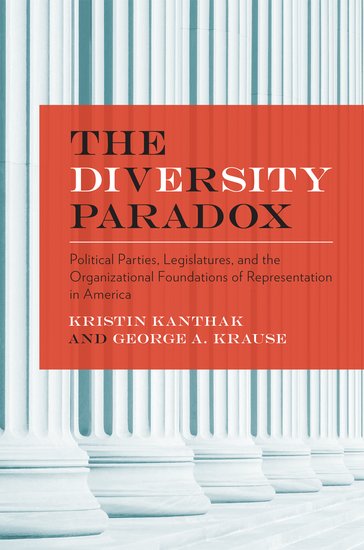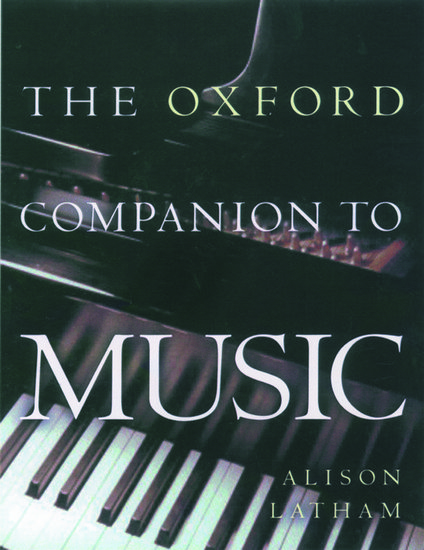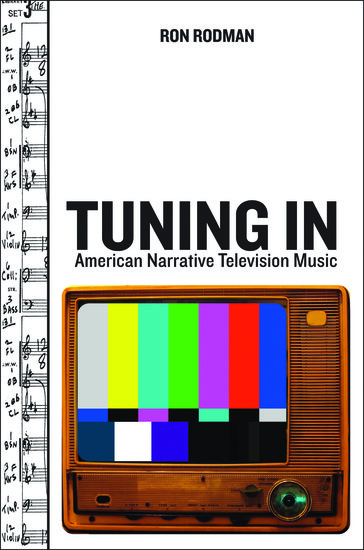Rethinking Europe: Do we need a European Community anymore?
By David Ellwood
At first sight it looked like an incongruous debate for Edinburgh. The only debate dedicated to Europe included three unusual debaters. How to reconcile such different impulses and points of view?















